Meet NHNAI actors
To ensure successful operation, NHNAI relies on a strong network of academic people divided in different roles within NHNAI: coordination team, leader of activities, project-managers, mediator-analysts, thematic-coordinators, academic experts and PhD students.
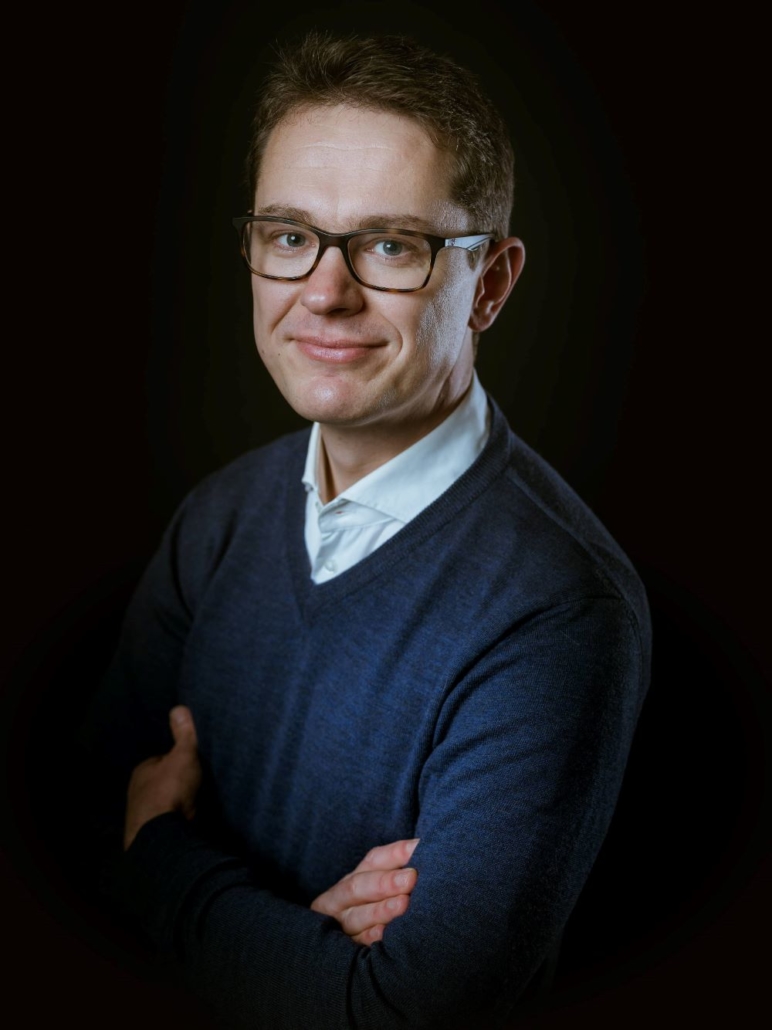 Mathieu Guillermin, NHNAI’s coordinator and activity 4 leader
Mathieu Guillermin, NHNAI’s coordinator and activity 4 leader
Mathieu is an associate professor of the Confluence: Sciences and Humanities Research Center at Lyon Catholic University. He holds a PhD in physics and a PhD in Philosophy. He studies philosophical and ethical issues associated with new technologies, especially in the field of AI. He also explores the epistemological questions raised by the articulation of various forms of rationality (between academic disciplines, but also with extra-academic or common-sense rationalities).
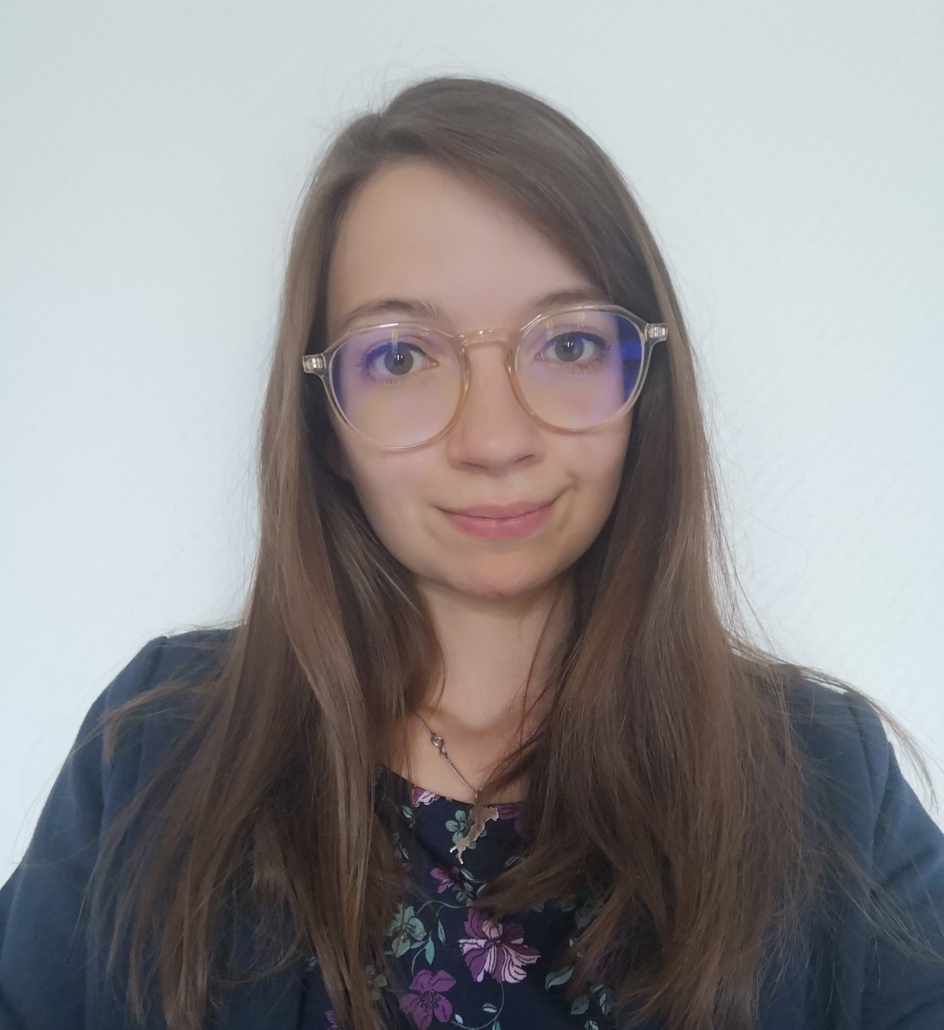 Laura Di Rollo, NHNAI’s research engineer and mediator-analyst
Laura Di Rollo, NHNAI’s research engineer and mediator-analyst
Laura Di Rollo holds a bachelor’s degree in psychology, a master’s degree in cognitive science and a DU in philosophy and history of sciences and technologies. She studies the ethical and philosophical implications raised by sciences and technologies, notably in the field of AI and neurosciences.
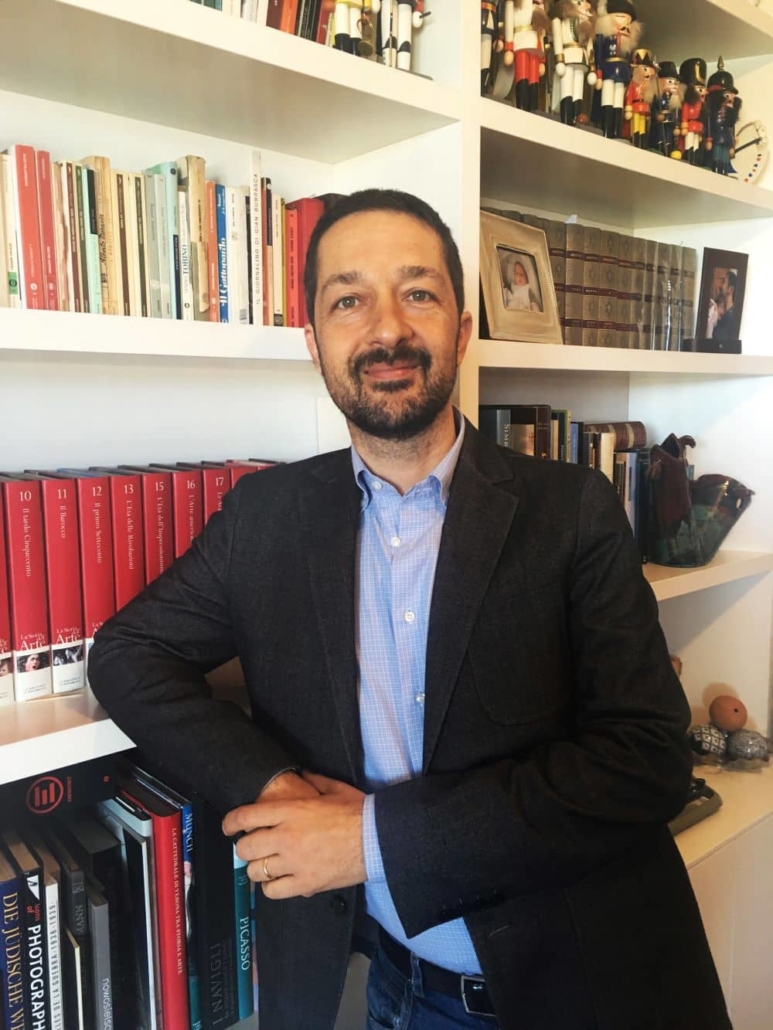 Fabio Macioce, activity 1 leader
Fabio Macioce, activity 1 leader
Fabio Macioce is a professor of philosophy of Law at LUMSA (Italy). His research interests notably bear upon pluralism and bioethics, and upon Neuroscience and Law.
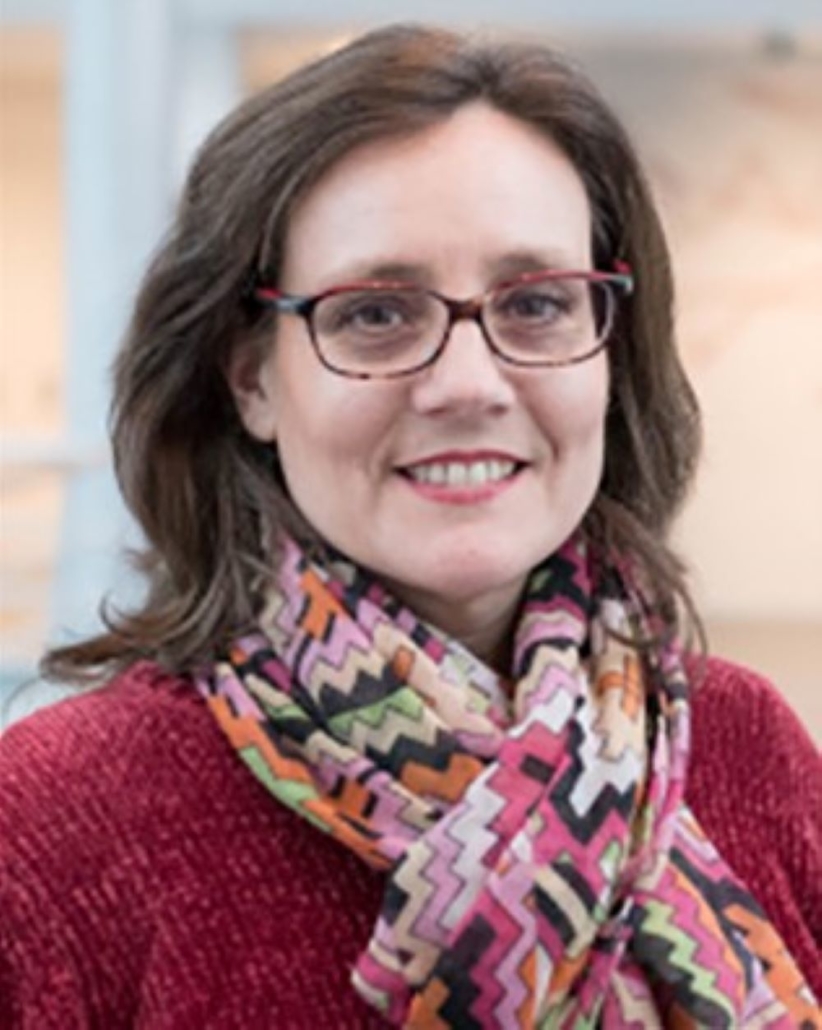 Maria-Laura Moreno Sainz, activity 2 leader
Maria-Laura Moreno Sainz, activity 2 leader
Maria-Laura is an associate professor of the Confluence: Sciences and Humanities Research Center at Lyon Catholic University. She is a sociologist, a political scientist and an interpreter. Her research focuses on memory, discourses and socio-political and geopolitical imaginaries in Latin America. She is currently part of an international, multi-disciplinary research team (ANR project) analyzing the social and political attitudes of certain types of actors in 4 authoritarian contexts around the world, at various times. A specialist in Latin America, she teaches at ESTRI (School for international careers) and for 10 years taught at Sciences Po Lyon.
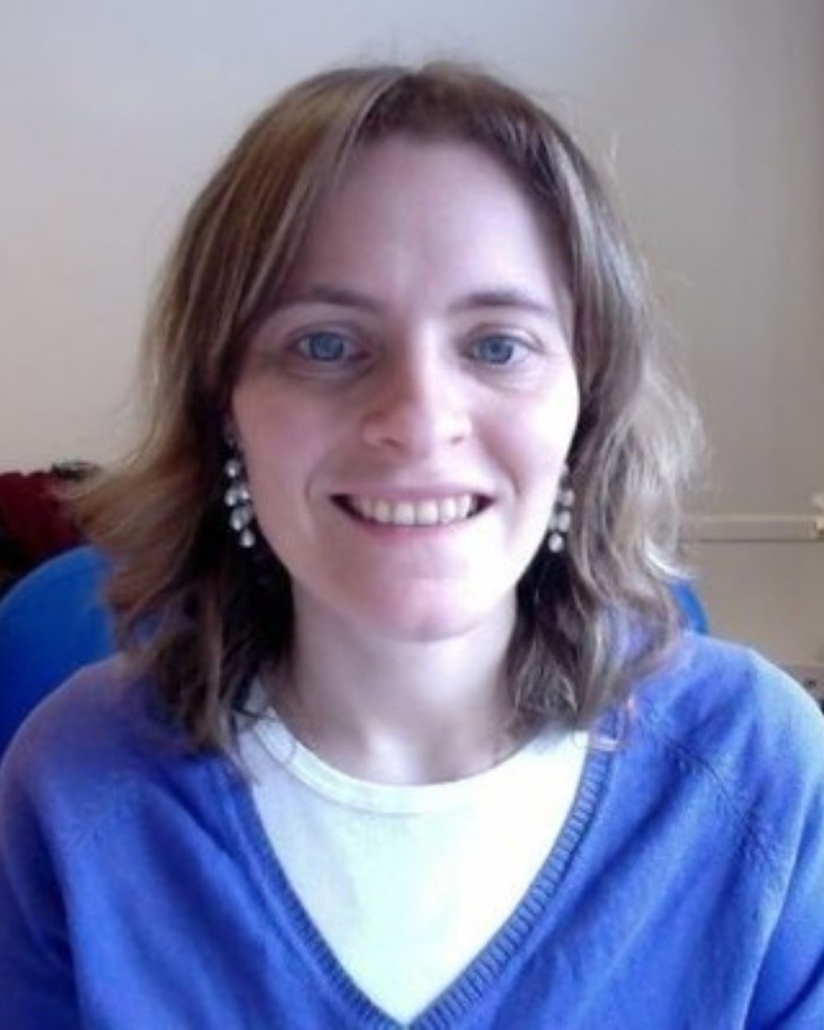 Montserrat Alom, activity 3 leader
Montserrat Alom, activity 3 leader
Montserrat is director of the International Centre for Research and Decision Support (CIRAD) at the International Federation of Catholic Universities (IFCU), Paris. She is also an Associate researcher at CEPED-IRD/University of Paris and at the Pontifical University of Salamanca, Spain. Additionnally, she is an external lecturer at University Paris-Est Sup, France. She holds a PhD in sociology of science and is an expert in international research collaboration involving the South. Her current fields of study are research funding and evaluation, knowledge circulation, university social responsibility, the university in the digital age and responsible research practices.
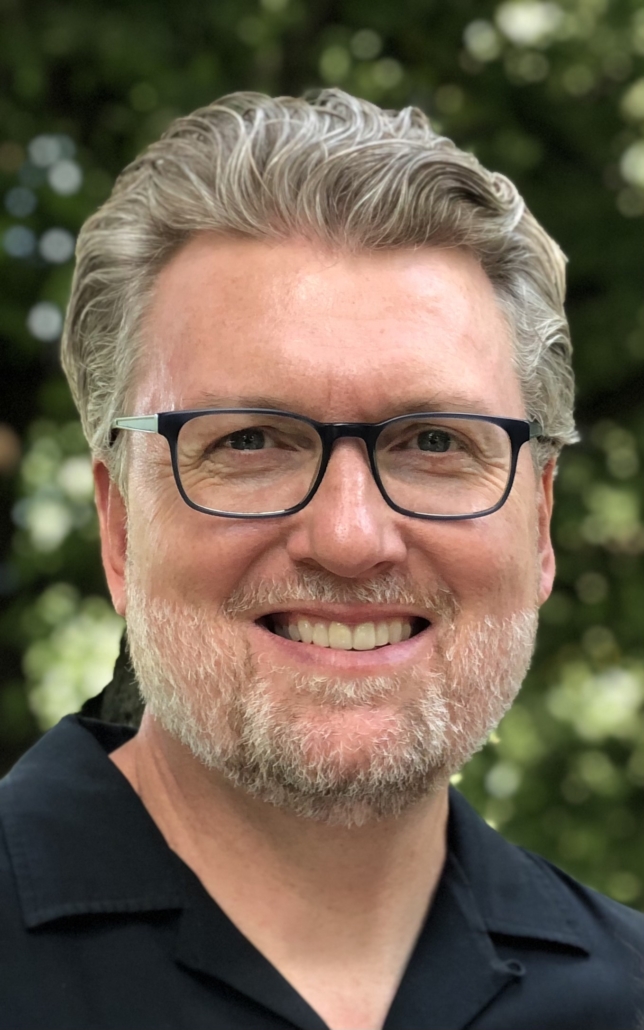 Thor Wasbotten (US)
Thor Wasbotten (US)
Thor Wasbotten is the managing director of the Ethics Center with responsibility for foundation proposals, contracts and project management. Wasbotten has more than a decade of leadership experience in higher education and a decade in industry. Most recently, he served as director of Community Engagement and professor in the College of Communication and Information at Kent State University. Prior to that, he served as the director of the School of Journalism and Mass Communication at Kent State and as assistant dean in the Donald P. Bellisario College of Communications at Penn State University. In industry, he served as news director at the ABC-television affiliate in Tucson, Arizona, and as station manager and founding news director at the FOX-television affiliate in Boise, Idaho.
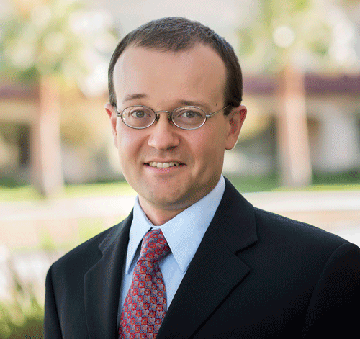
Brian Patrick Green is the director of technology ethics at the Markkula Center for Applied Ethics. His work is focused on the ethics of technology, including such topics as AI and ethics, the ethics of space exploration and use, the ethics of technological manipulation of humans, the ethics of mitigation of and adaptation towards risky emerging technologies (including ones with catastrophic risk potential), and various aspects of the impact of technology and engineering on human life and society including the relationship between technology and religion (particularly the Catholic Church). Green teaches AI ethics in Santa Clara University’s Graduate School of Engineering and formerly taught several other graduate engineering ethics courses.
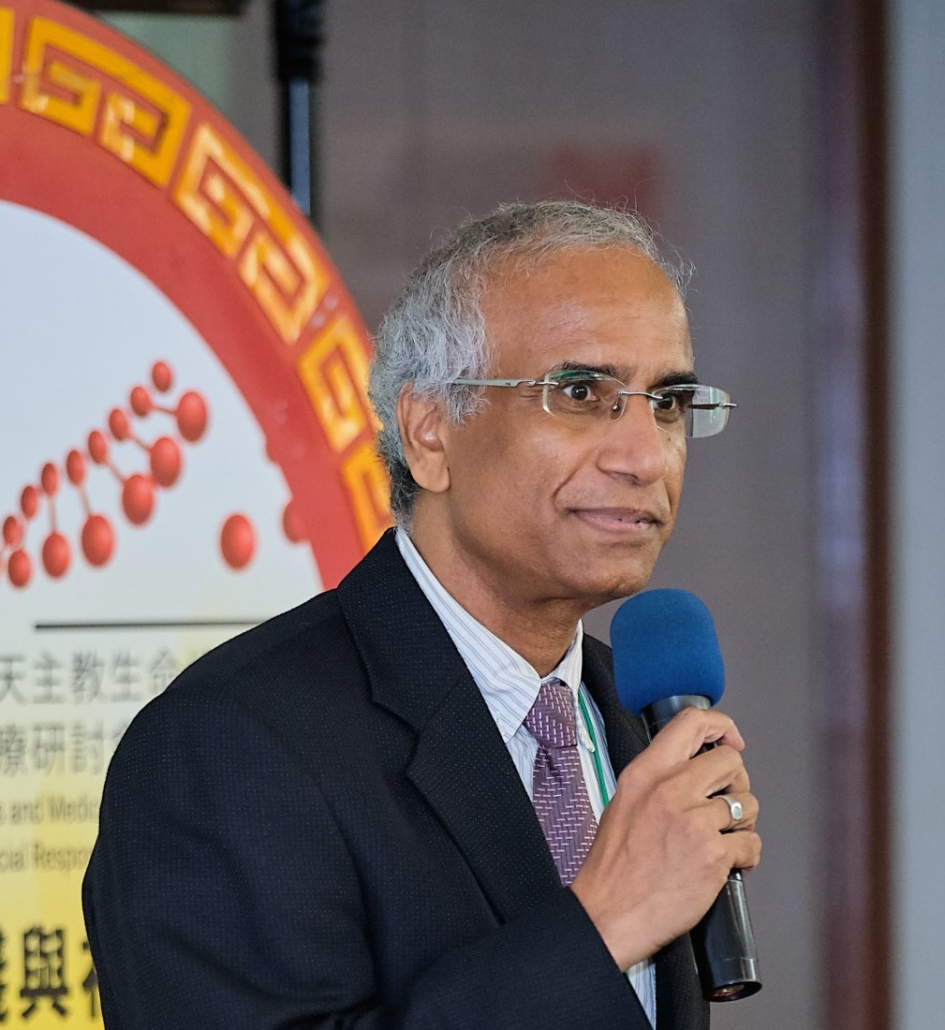 John Selvamani (Taiwan)
John Selvamani (Taiwan)
Maria John P. Selvamani is an Associate Professor in the School of Medicine and serves as the Dean of Fu Jen Academia Catholica at Fu Jen Catholic University in Taiwan. He holds a doctorate in molecular biology and bachelor’s degrees in philosophy and theology. He is the author of the book “Catholic Faith and Evolution” (2016) and has contributed to various journal articles focusing on science and religion and biomedical ethics.
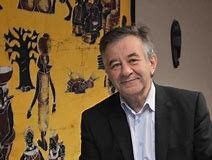 Yves Poullet (Belgium)
Yves Poullet (Belgium)
Yves Poullet is full professor at the Faculty of Law at the University of Namur. His research interests include the issues of privacy, individual and public freedom in the information society as well as the topic of internet governance. He has been during 12 years (1992-2004) member of the Belgian Commission on Data Protection. In addition, he was since its origin, member of Legal Advisory Board of European Commission and the president of the Task Force « Electronic Democracy and Access to public records ». He is a founder of the European Telecommunication Forum, ECLIP and FIRILITE. He also chaired the Belgian Computer Association ABDI (Association Belge de Droit de l’Informatique). Yves Poullet is also an expert for the OECD and the UNESCO.
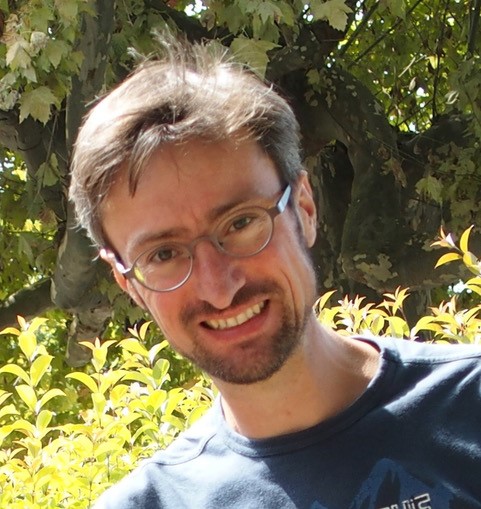 Nathanaël Laurent (Belgium)
Nathanaël Laurent (Belgium)
Doctor in biomedical sciences and graduate in philosophy, Nathanaël Laurent is a teacher and researcher at the University of Namur (Belgium). His field of research concerns the philosophy of our relationships with living things. He is particularly interested in relational biology (N. Rashevsky and R. Rosen) and the ethics of the relationship (in the encounter) that it allows us to consider.
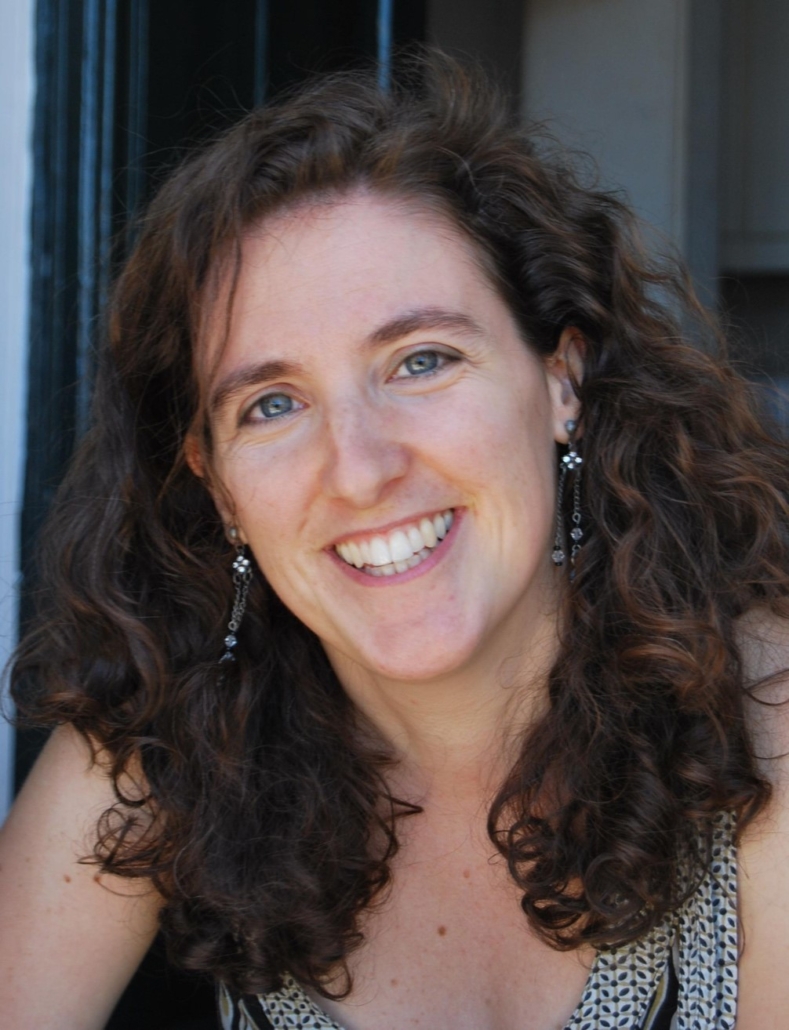 Rita Francisco (Portugal)
Rita Francisco (Portugal)
Rita Francisco has an Honours degree and a PhD in Psychology. She is Assistant Professor at the Universidade Católica Portuguesa, where she is the coordinator of the Masters in Psychology of Wellbeing and Health Promotion, and of the Post-graduation Program on Child Protection System. She was the founding director of CRC-W: Católica Research Centre for Psychological, Family and Social Wellbeing (2017-2023). She is a consultant for the Directorate-General for Health in health literacy and well-being, and a specialist in Clinical and Health Psychology by the Portuguese Psychologists Association.
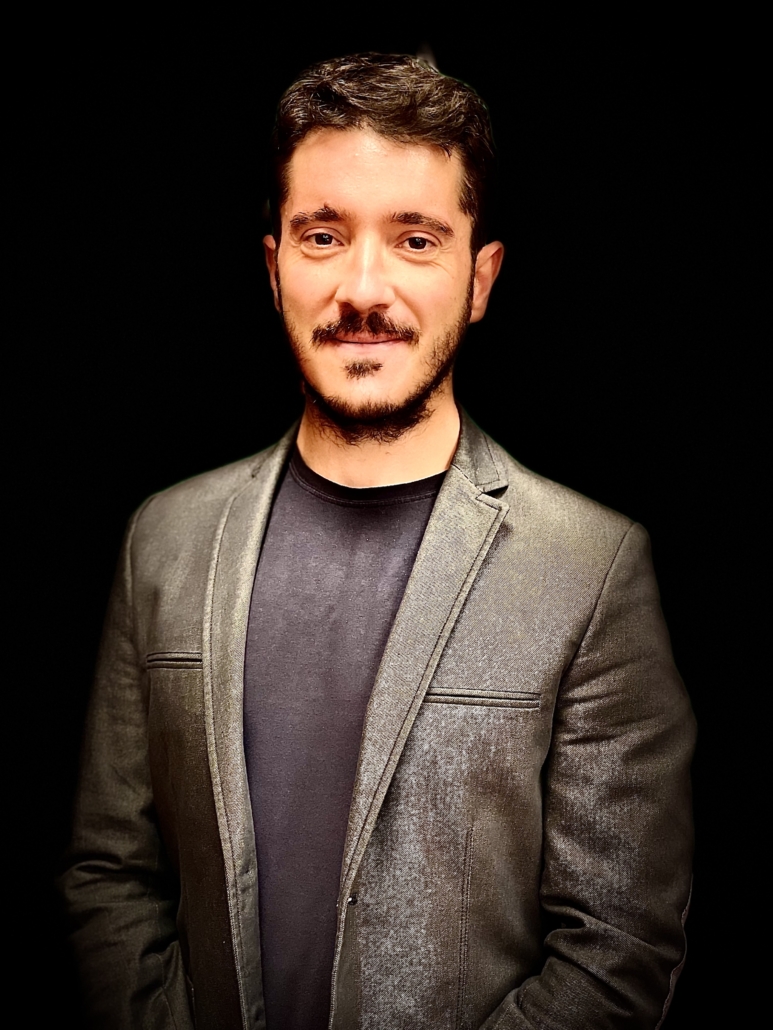 Stefano Biancu (Italy)
Stefano Biancu (Italy)
Stefano Biancu is Associate Professor of Moral Philosophy at LUMSA University in Rome and the Coordinator of the Academic Board of the PhD program ‘Contemporary Humanism’. Before holding positions at LUMSA, he taught Ethics at the University of Lausanne and the University of Geneva and was visiting fellow at the University of Notre Dame (USA), the Pontificia Universidad Católica de Chile, the Universidade Católica Portuguesa (Lisbon), the Australian Catholic University Melbourne). In 2022 he obtained the Italian National Scientific Qualification as Full Professor of Moral Philosophy and was appointed Associate of the Rome Global Gateway of the University of Notre Dame. He is the author of several journal articles, book chapters and five books.
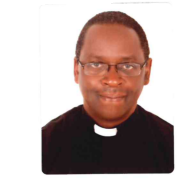 Rev. Prof. John Lukwata (Kenya)
Rev. Prof. John Lukwata (Kenya)
Rev. Prof. John Lukwata (Theologian and Researcher), is a Catholic Priest of the Diocese of Masake, Uganda. He obtained his PhD in Sacred Liturgy at the Anselmianum, Rome, Italy. He is a full time member of the Faculty of Theology, the Catholic University of Eastern Africa. He has authored several books and articles in reputable Journals. He has participated in many university research projects for instance; he was the Chief CUEA Chief Researcher for the Paths of Development CCR-IFCU Poverty Reduction Project that was completed in 2014. He is currently the Coordinator of Interdisciplinary Theological Conferences. His key areas of interest include: Religion and Culture, Contemporary Forms of Worship, Communication, and Linguistics.
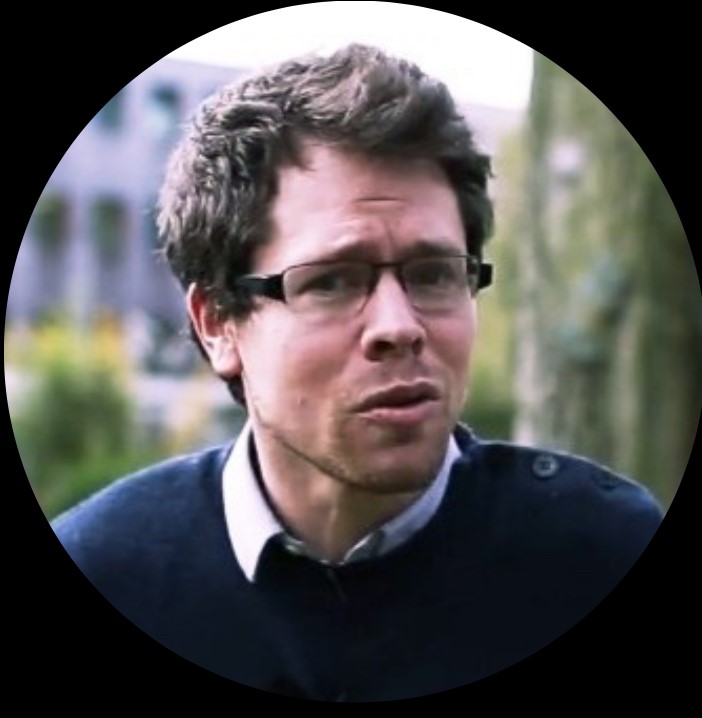 David Doat (France)
David Doat (France)
David Doat is an associate-professor of philosophy (philosophy of the technic, philosophical anthropology) at ETHICS EA 7446 Lab (ETH+ team, Catholic University of Lille, France). Graduated in Philosophy from the Catholic University of Louvain-la-Neuve (2006) and Doctor of Philosophy from the University of Namur (2016), Belgium. At the crossroads of the philosophy of biology, philosophical anthropology and moral philosophy, his doctoral thesis (2016) focused on human vulnerability and its impact on human sociality, as well as on the evolution of care and techniques within human societies. Within the past few years, his work has focused on representations of human enhancement and vulnerability, prostheses and artificial intelligences in contemporary philosophical, scientific, trans- and posthumanist literature.
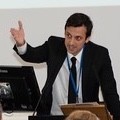 Nicolas Vergier (France, FIUC)
Nicolas Vergier (France, FIUC)
Nicolas Vergier holds a master’s degree in international and European studies from the University of Paris 8 and an MBA in association management from the University of Paris 1 Panthéon-Sorbonne. Nicolas VERGIER worked as a project manager for the Social Inclusion and Participatory Democracy Commission of the World Organisation of Cities: United Cities and Local Governments (Barcelona, Spain). He then joined the École Nationale Supérieure de Sécurité Sociale (Paris, France) as Head of International Projects, where he worked to strengthen Franco-Chinese collaboration on social security and the launch, in partnership with the ILO, of a Francophone platform for social protection floors made up of French multinational companies: L’Oréal, Sanofi, Michelin, Sodexo, Vinci, Bouygues, Kering, Legrand. Since 2018, he has been Head of Partnerships at FIUC.
 Thor Wasbotten (US), thematic coordinator of AI ethics
Thor Wasbotten (US), thematic coordinator of AI ethics
Thor Wasbotten is the managing director of the Ethics Center with responsibility for foundation proposals, contracts and project management. Wasbotten has more than a decade of leadership experience in higher education and a decade in industry. Most recently, he served as director of Community Engagement and professor in the College of Communication and Information at Kent State University. Prior to that, he served as the director of the School of Journalism and Mass Communication at Kent State and as assistant dean in the Donald P. Bellisario College of Communications at Penn State University. In industry, he served as news director at the ABC-television affiliate in Tucson, Arizona, and as station manager and founding news director at the FOX-television affiliate in Boise, Idaho.

Brian Patrick Green is the director of technology ethics at the Markkula Center for Applied Ethics. His work is focused on the ethics of technology, including such topics as AI and ethics, the ethics of space exploration and use, the ethics of technological manipulation of humans, the ethics of mitigation of and adaptation towards risky emerging technologies (including ones with catastrophic risk potential), and various aspects of the impact of technology and engineering on human life and society including the relationship between technology and religion (particularly the Catholic Church). Green teaches AI ethics in Santa Clara University’s Graduate School of Engineering and formerly taught several other graduate engineering ethics courses.
 Stefano Biancu (Italy), thematic coordinator of humanism
Stefano Biancu (Italy), thematic coordinator of humanism
Stefano Biancu is Associate Professor of Moral Philosophy at LUMSA University in Rome and the Coordinator of the Academic Board of the PhD program ‘Contemporary Humanism’. Before holding positions at LUMSA, he taught Ethics at the University of Lausanne and the University of Geneva and was visiting fellow at the University of Notre Dame (USA), the Pontificia Universidad Católica de Chile, the Universidade Católica Portuguesa (Lisbon), the Australian Catholic University Melbourne). In 2022 he obtained the Italian National Scientific Qualification as Full Professor of Moral Philosophy and was appointed Associate of the Rome Global Gateway of the University of Notre Dame. He is the author of several journal articles, book chapters and five books.
Fernand Doridot (France), thematic coordinator of health
Fernand Doridot is an engineer from Nantes Central School and holds a PhD in philosophy and history of science. He is a specialist of ethical and governance questions raised by the development of new technologies (such as nanomaterials and their impacts on health). He is notably involved in the European project H2020 NanoFabNet (www.nanofabnet.eu) and collaborates with the French National agency for health security of food, environment and work (ANSES).
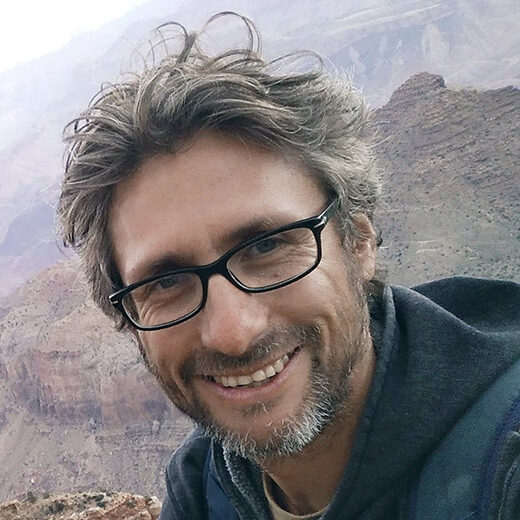 Juan Vidal (France), thematic coordinator of neurosciences
Juan Vidal (France), thematic coordinator of neurosciences
Dr. Juan R. Vidal is a neuroscientist currently at Catholic University of Lyon. He studied biology at Universidad de Chile and got his PhD in Cognitive Science at Université Pierre et Marie Curie in Paris (2005). During his post-doctoral years he studied brain mechanisms of human cognitive processes such as attention, consciousness, visual perception and working memory. More specifically, he is interested in how brain activity self-organizes through emerging neuronal oscillations, within and across distant cortical networks, and how it shapes emerging human behavior and conscious experience.
 Nathanaël Laurent (Belgium), thematic coordinator of Democracy
Nathanaël Laurent (Belgium), thematic coordinator of Democracy
Doctor in biomedical sciences and graduate in philosophy, Nathanaël Laurent is a teacher and researcher at the University of Namur (Belgium). His field of research concerns the philosophy of our relationships with living things. He is particularly interested in relational biology (N. Rashevsky and R. Rosen) and the ethics of the relationship (in the encounter) that it allows us to consider.
 Thor Wasbotten (US)
Thor Wasbotten (US)
Thor Wasbotten is the managing director of the Ethics Center with responsibility for foundation proposals, contracts and project management. Wasbotten has more than a decade of leadership experience in higher education and a decade in industry. Most recently, he served as director of Community Engagement and professor in the College of Communication and Information at Kent State University. Prior to that, he served as the director of the School of Journalism and Mass Communication at Kent State and as assistant dean in the Donald P. Bellisario College of Communications at Penn State University. In industry, he served as news director at the ABC-television affiliate in Tucson, Arizona, and as station manager and founding news director at the FOX-television affiliate in Boise, Idaho.

Brian Patrick Green is the director of technology ethics at the Markkula Center for Applied Ethics. His work is focused on the ethics of technology, including such topics as AI and ethics, the ethics of space exploration and use, the ethics of technological manipulation of humans, the ethics of mitigation of and adaptation towards risky emerging technologies (including ones with catastrophic risk potential), and various aspects of the impact of technology and engineering on human life and society including the relationship between technology and religion (particularly the Catholic Church). Green teaches AI ethics in Santa Clara University’s Graduate School of Engineering and formerly taught several other graduate engineering ethics courses.
 John Selvamani (Taiwan)
John Selvamani (Taiwan)
Maria John P. Selvamani is an Associate Professor in the School of Medicine and serves as the Dean of Fu Jen Academia Catholica at Fu Jen Catholic University in Taiwan. He holds a doctorate in molecular biology and bachelor’s degrees in philosophy and theology. He is the author of the book “Catholic Faith and Evolution” (2016) and has contributed to various journal articles focusing on science and religion and biomedical ethics.
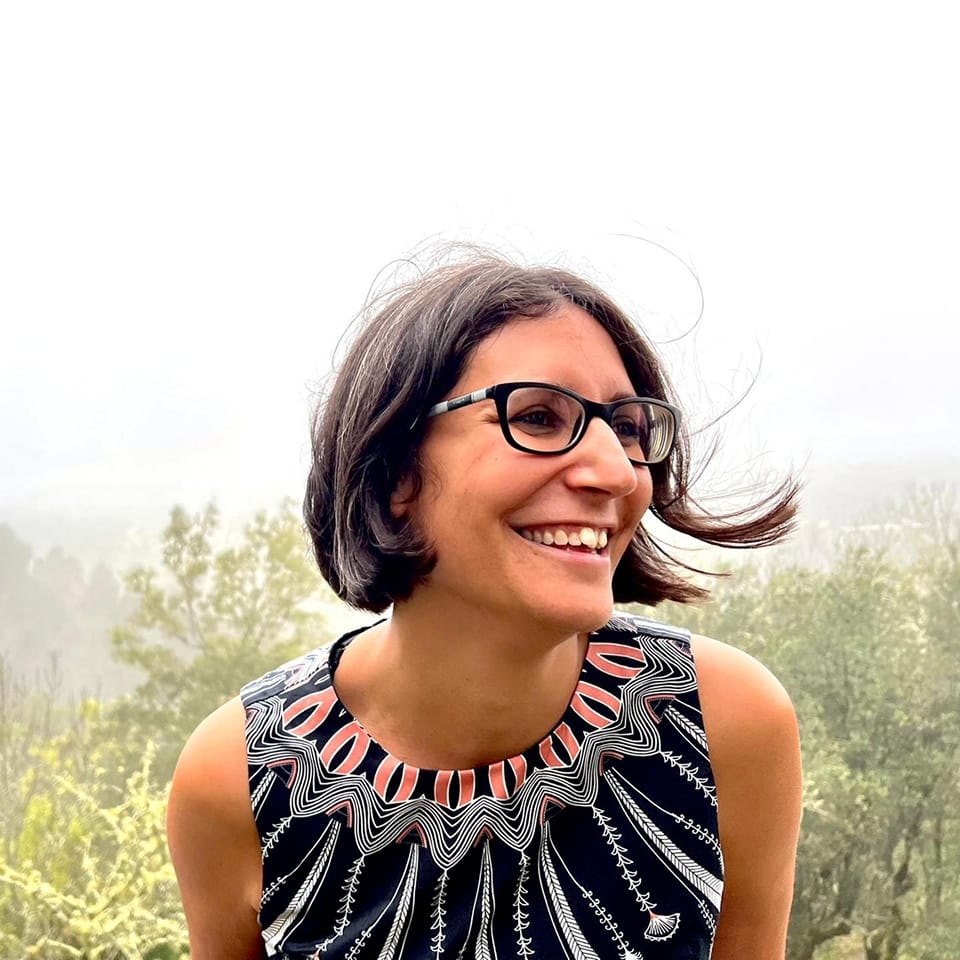 Barbara Nazaré (Portugal)
Barbara Nazaré (Portugal)
Bárbara Nazaré has an integrated master’s degree in Clinical and Health Psychology and a PhD in Health Psychology. She is an invited assistant professor at Universidade Católica Portuguesa, where she lectures at several study cycles (including the Master in Psychology of Wellbeing and Health Promotion) and supervises students’ internships and dissertations. She is a member of CRC-W (Católica Research Centre for Psychological, Family and Social Wellbeing).
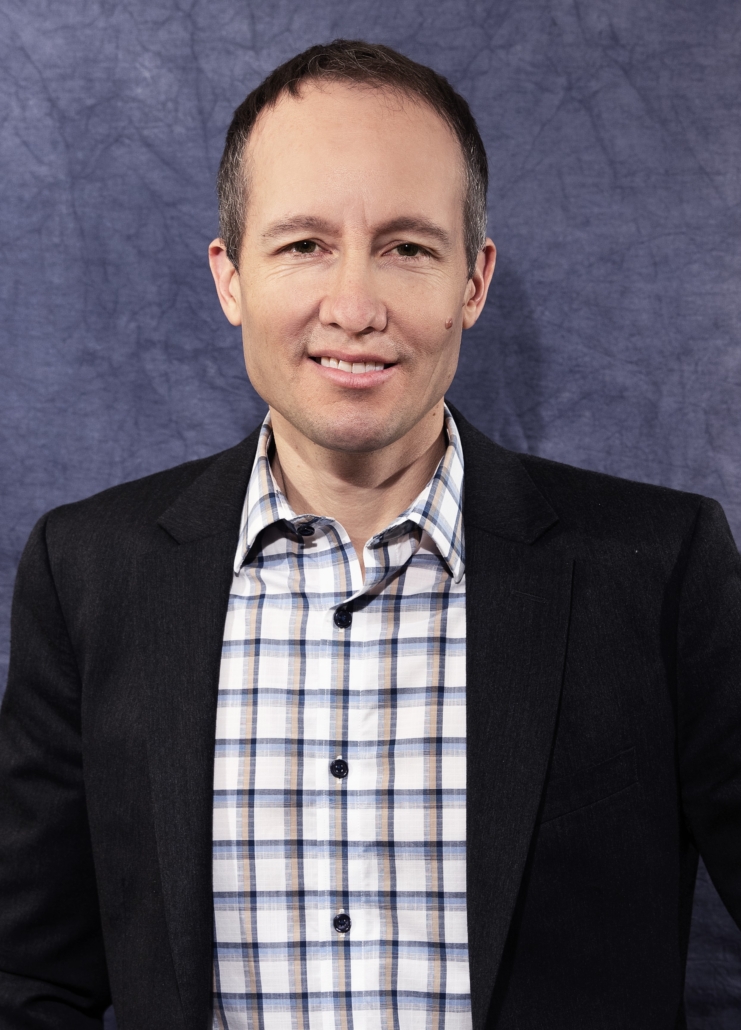 Sylvain Auclair (Canada)
Sylvain Auclair (Canada)
Sylvain Auclair is a professor of philosophy at college CEGEP de Sainte-Foy (Quebec, Canada) since 2004. He is co-designer of the course Philosophical and ethical issues of artificial intelligence (AI) offered at CEGEP de Sainte-Foy and by distance learning at Laval University. His work focuses on privacy issues in the age of AI and big data. He has given several lectures, published articles and research reports, and participated in research projects on AI ethics. He is a researcher with the International Observatory on the Societal Impacts of AI and Digital Technology (Obvia). He also chairs several research ethics committees and acts as an ethics expert on these committees.
 Laura Di Rollo (France)
Laura Di Rollo (France)
Laura Di Rollo holds a bachelor’s degree in psychology, a master’s degree in cognitive science and a DU in philosophy and history of sciences and technologies. She studies the ethical and philosophical implications raised by sciences and technologies, notably in the field of AI and neurosciences.
 Nathanaël Laurent (Belgium)
Nathanaël Laurent (Belgium)
Doctor in biomedical sciences and graduate in philosophy, Nathanaël Laurent is a teacher and researcher at the University of Namur (Belgium). His field of research concerns the philosophy of our relationships with living things. He is particularly interested in relational biology (N. Rashevsky and R. Rosen) and the ethics of the relationship (in the encounter) that it allows us to consider.
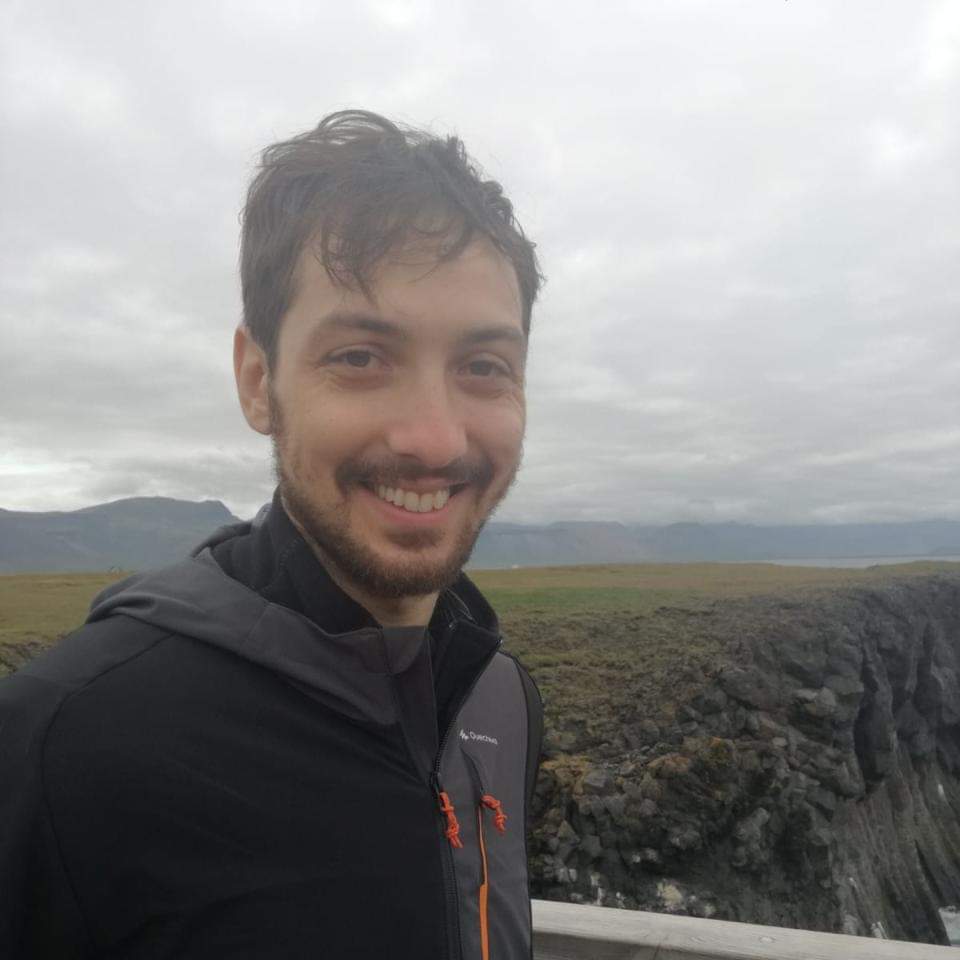 Federico Giorgi (Belgium)
Federico Giorgi (Belgium)
Federico Giorgi graduated in philosophy from La Sapienza University of Rome, and now he is doing a PhD at the University of Namur. He investigates the potential and limits of numerical technology, in order to rethink the relationship between what is natural and what is artificial in the light of the digital revolution. His other areas of research are philosophy of biology, philosophy of perception and philosophy of cinema.
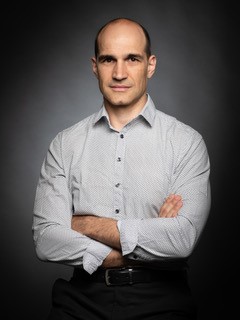 Eric Fourneret (France)
Eric Fourneret (France)
Eric Fourneret is an associate-professor of philosophy (moral philosophy and philosophy of the technic) at ETHICS EA 7446 Lab (ETH+ team, Catholic University of Lille, France). He defended his thesis on the euthanasia problem and he worked on different ethical issues about end of life. Among his notable publications, we can highlight « Choisir sa mort » (PUF, 2012) and « Sommes-nous libres de vouloir mourir ? (Albin Michel, 2018). He has worked on Machine-Computer Interface (MCI), artificial Intelligence and different ethical issues in neuroscience since 2016. The last notable publications are « Le cerveau implanté » (Hermann, 2022) and « IA, neurosciences et technologies : tension entre liberté citoyenne et liberté de la recherche scientifique », Revue AfIA (and al., 2023).
 Rev. Prof. John Lukwata (Kenya)
Rev. Prof. John Lukwata (Kenya)
Rev. Prof. John Lukwata (Theologian and Researcher), is a Catholic Priest of the Diocese of Masake, Uganda. He obtained his PhD in Sacred Liturgy at the Anselmianum, Rome, Italy. He is a full time member of the Faculty of Theology, the Catholic University of Eastern Africa. He has authored several books and articles in reputable Journals. He has participated in many university research projects for instance; he was the Chief CUEA Chief Researcher for the Paths of Development CCR-IFCU Poverty Reduction Project that was completed in 2014. He is currently the Coordinator of Interdisciplinary Theological Conferences. His key areas of interest include: Religion and Culture, Contemporary Forms of Worship, Communication, and Linguistics.
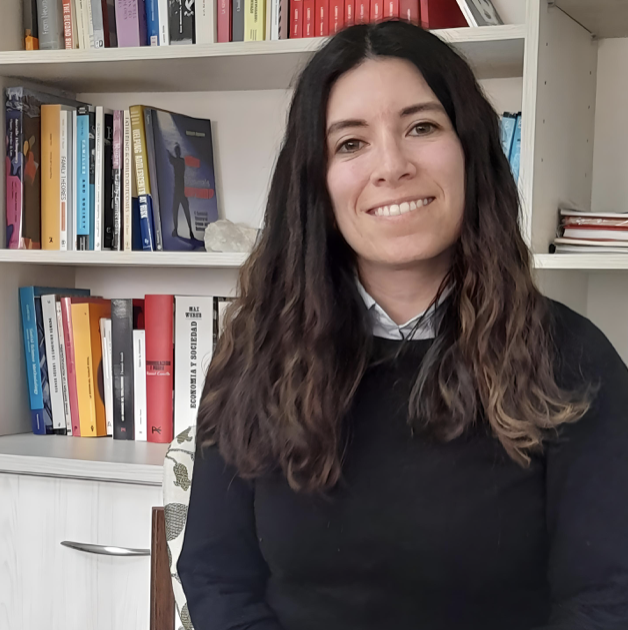 Javiera Paz Reyes (Chile)
Javiera Paz Reyes (Chile)
Doctor in Sociology, academic at the Institute of Sociology of the Pontifical Catholic University of Chile and currently director of the program. She has been in the field of sociology of work, family and organizations for 13 years, analyzing trends and changes in different dimensions that affect people in these areas. Javiera is particularly interested in the way in which inequality manifests itself in the family, companies, schools and other organizations, as well as the cultural dynamics that underlie it. In this sense, artificial intelligences come to remove all these spaces from social life, stressing both the perceptions and practices of people in their daily lives, and it is interesting for her to know their implications.

Luca Possati (Italy)
Trained as a philosopher, Luca M. Possati has held positions as a researcher and lecturer at the Delft University of Technology in the Netherlands, the University of Porto in Portugal, the University of Rome LUMSA in Italy, and the Institut Catholique in France.
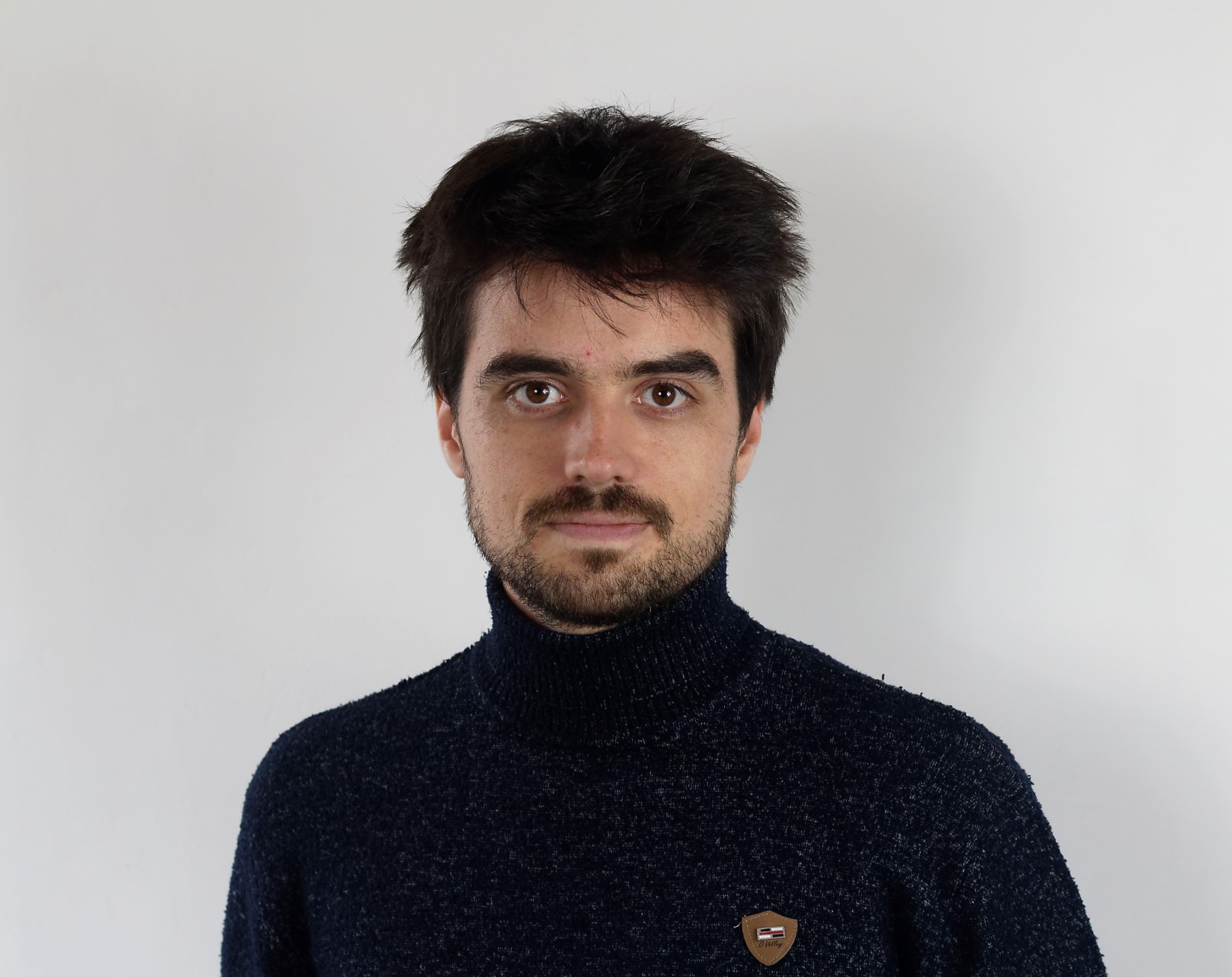
Jérémie Supiot is a doctoral student in philosophy at the Lyon Catholic University and at the LUMSA University. He holds a master’s degree in philosophy with a specialization in ethics, ecology and sustainable development. His thesis focuses on ethical empowerment at the interface between society and the university. His research topics are mainly epistemology and ethics applied to science and technology, especially engineering sciences. He is also a member of the EPSI research group, which organizes the Cultures of Engineers and Training seminar.
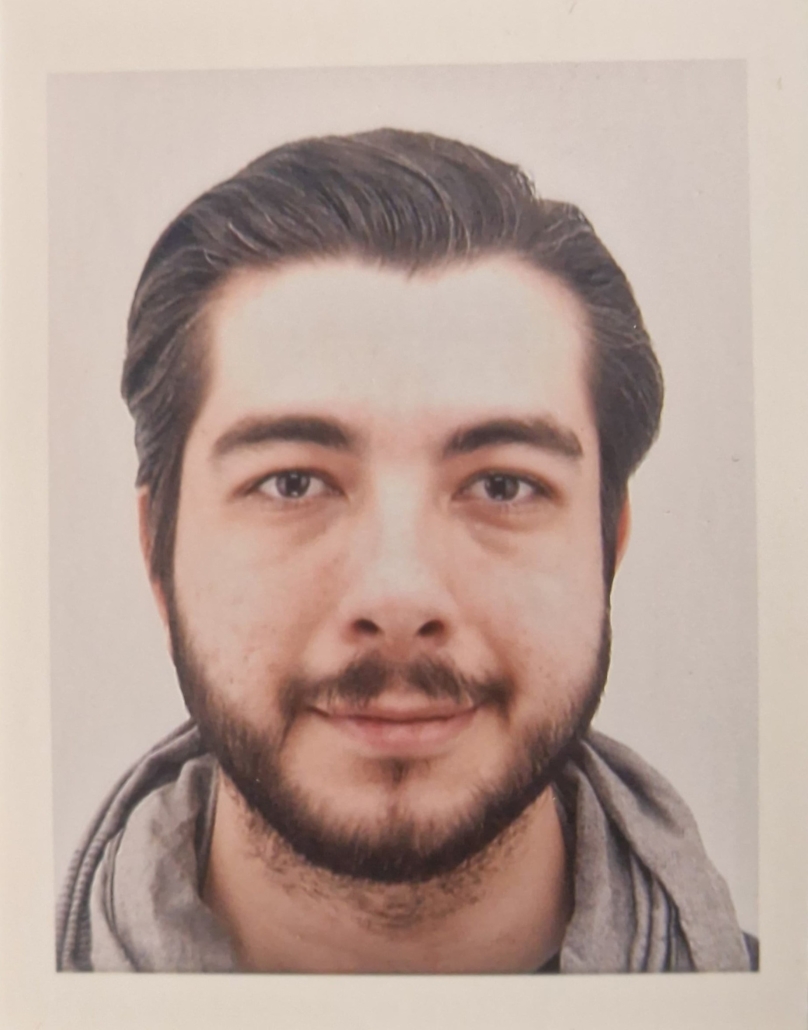 Marco Tassella
Marco Tassella
Marco Tassella is a dedicated PhD student in Moral Philosophy studying at LUMSA (Rome, Italy) and UCLy (Lyon, France). His areas of specialization include moral responsibility, the philosophy of action, and the philosophy of technology. Currently, his research focuses on philosophical anthropology, moral enhancement, and the interplay between human decision-making and Moral AI systems.
AUCLAIR Sylvain (Canada)
BOTZER Nicholas (USA)
CHUANG Chien-Wei (Taiwan)
DE LARA LOPEZ Francisco (Chile)
DEARSTYNE Katherine (USA)
DOAT David (France)
FOURNERET Eric (France)
GASPAR AUGUSTA (Portugal)
GRAZZI Marco (Italy)
LAURENT Nathanaël (Belgium)
MACIOCE Fabio (Italy)
MARIN Pascal (France)
MARINOVIC GUIJON Alejandra (Chile)
NYANCHOGA Samuel (Kenya)
PIRES MARUTA Carolina (Portugal)
POULLET Yves (Belgium)
SHIA Ben-Shang (Taiwan)
VON ESCHENBACH Warren (USA)
WABANHU Emmanuel Charles (Kenya)
WENINGER Tim (USA)
YIP Ping-Keung (Taiwan)
TOULIEUX Fabrice (France)
BORG Céline (France)
CHIAVARINO Claudia (Italy)
ROCCHI Alessio (Italy)

